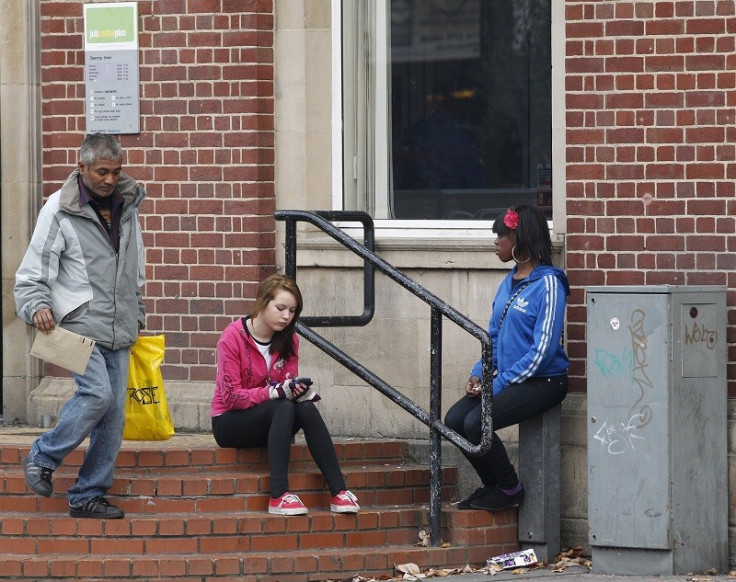IPPR: Nearly a Quarter of UK NEETs Have Never Had a Job

Almost a quarter of young people not in education, employment or training (NEETs) in the UK have never had a job, according to an influential think tank.
The Institute for Public Policy Research, a research centre closely linked to the Labour Party, argued that more than a million NEETs could be rescued by radical reforms that would not cost the taxpayer a "penny more".
The organisation's No More NEETs report, which was published ahead of the latest quarterly NEET figures, revealed almost a quarter (24%) of NEETs have never had a job.
The research also found that more than (52%) of NEETs claiming Employment and Support Allowance (and incapacity benefit) have been doing so for over a year.
"The number of NEETs in the UK is a scar on our nation and represents our generation's failure in its responsibility to the next," said Graeme Cooke, IPPR Research Director.
He added: "Our goal should be to effectively abolish NEETs, as they have successfully done in the Netherlands and Denmark."
The IPPR discovered there are just 4% of 15-24 year olds in the Netherlands and just 7% in Denmark that are NEET, compared to 14% in the UK.
This means the UK spent a staggering £2.5bn ($4bn, €2.9bn) on out-of-work benefits for the under-25s last year, including £1.2bn on Job Seekers Allowance.
The research comes as the Cabinet Secretary, Jeremy Heywood, is currently leading a review on NEETs.
In his party conference speech, Prime Minister David Cameron, said: "We should give young people a clear, positive choice: Go to school. Go to college.
"Do an apprenticeship. Get a job. But just choose the dole? We've got to offer them something better than that."
IPPR has tabled a number of solutions to tackle youth unemployment and attempt to fulfil Cameron's aspirations.
The think tank "youth guarantee" would mean young people are offered access to further education or vocational training plus intensive support to find work.
Also, for those not learning or earning after six months, paid work experience and traineeships should be provided, with no option to refuse and continue receiving the youth allowance.
The organisation also argued large employers should either offer apprenticeships in proportion to their size, or pay a "youth levy" towards the costs of training young people.
Resources raised should be controlled by employers, via LEPs, and used to fund vocational training and apprenticeships, potentially focused on supporting smaller firms, according to IPPR.
The think tank's proposals follow official figures released this week which revealed graduates were more likely to be employed than those who left education with qualifications of a lower standard between April and June 2013.
© Copyright IBTimes 2025. All rights reserved.






















